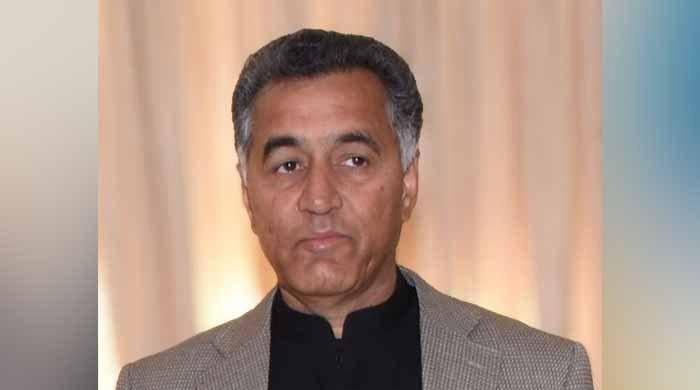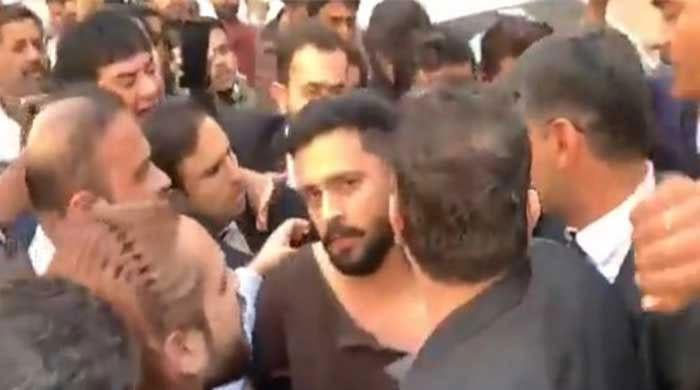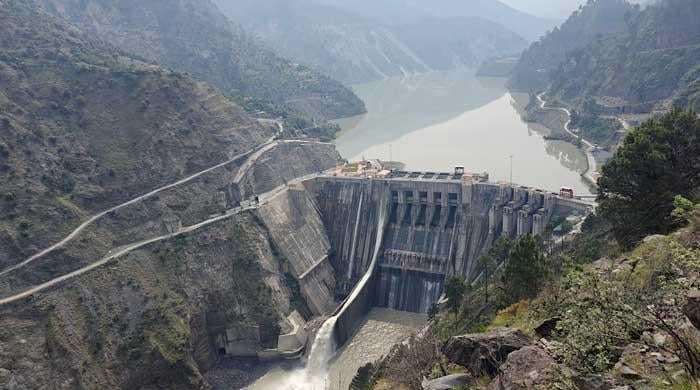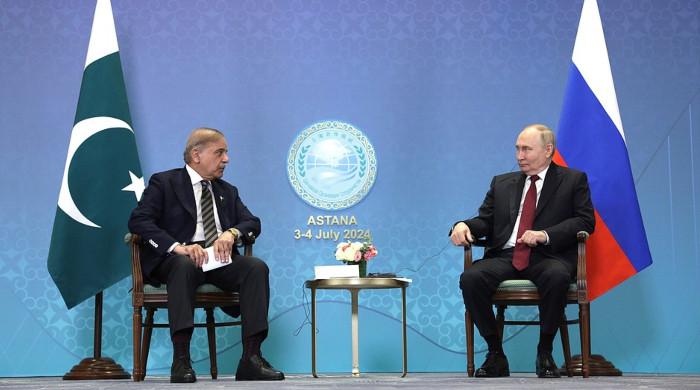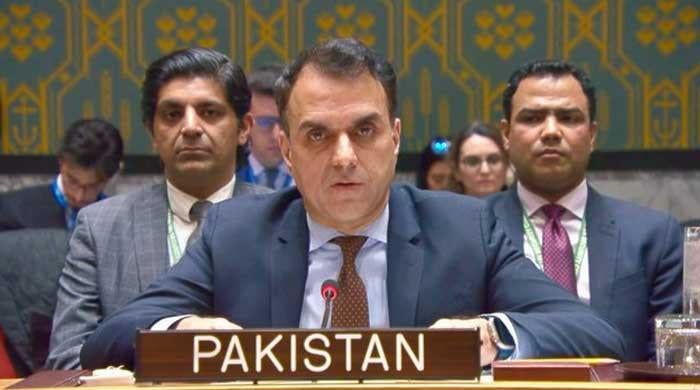IHC returns Nawaz's plea challenging Al-Azizia reference verdict
IHC registrar directs that appeal be filed again after reservations have been addressed
January 02, 2019
ISLAMABAD: The Islamabad High Court (IHC) on Wednesday raised reservations and returned former prime minister Nawaz Sharif’s appeal against the verdict in the Al-Azizia Steel Mills reference.
On December 24, 2018, Accountability Court II Judge Arshad Malik had sentenced Nawaz to seven years in prison in the Al-Azizia corruption reference and acquitted him in the Flagship reference.
A day earlier, Nawaz’s counsel Khawaja Haris had filed an appeal in the IHC. The Pakistan Muslim League-Nawaz quaid had requested the high court to declare his sentence null and void, and release him on bail.
However, the IHC registrar expressed reservations over the appeal. Declaring the appeal as incomplete, the registrar returned it and directed that it be filed again after the reservations have been addressed.
Al-Azizia reference details
Hussain Nawaz Sharif, the former prime minister’s elder son, claims that he received a sum of $5.4 million from his grandfather to establish the steel conglomerate in Saudi Arabia. The payment was made by a Qatari royal on the request of the elder Sharif. Thereafter, scrap machinery was transported from their Ahli Steel Mills in Dubai to Jeddah to establish Al-Azizia in 2001.
The JIT constituted to investigate the graft allegations insisted that the real owner of the mills was Nawaz Sharif, and it was being operated by his son on his behalf. Hussain was 29-years-old at the time. The JIT also held that Nawaz Sharif received 97 per cent profit as ‘gifts’ from Hill Metals Establishment, another company established by Hussain Nawaz Sharif in 2005, in Saudi Arabia.
Of the amount, Nawaz Sharif transferred 77 percent to his daughter, Maryam Nawaz Sharif. (Maryam is not accused in this reference). Here as well, the NAB claims that since Sharif received a large profit from Hussain’s companies, he is the real owner and not his son. However, during the proceedings the NAB could not substantiate its claim through documentary evidences and instead placed the burden of proof on the accused.





